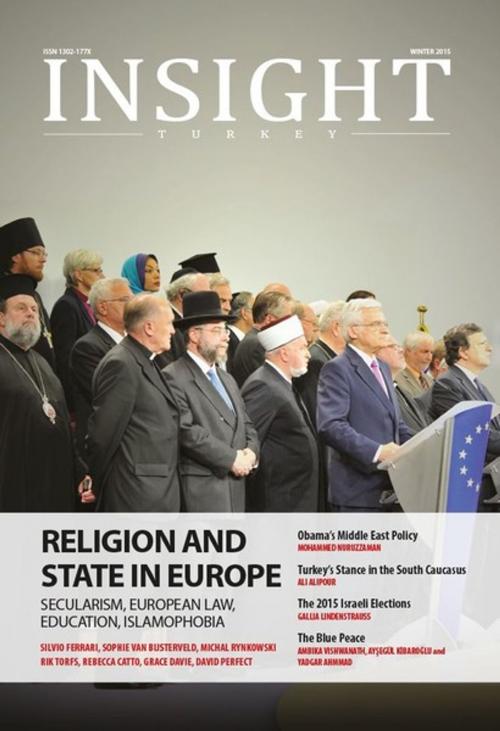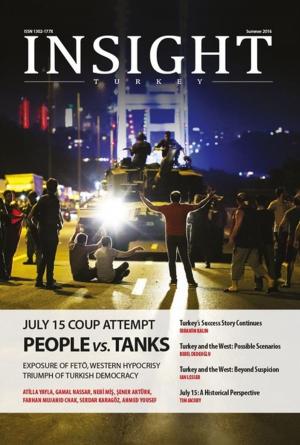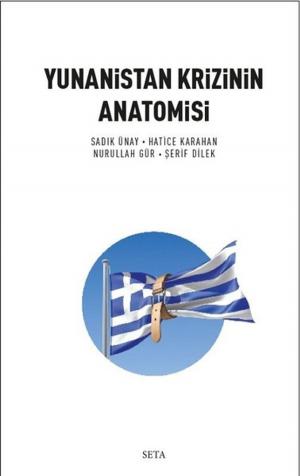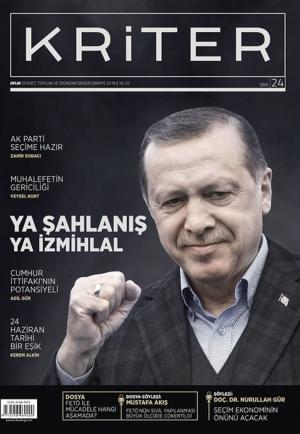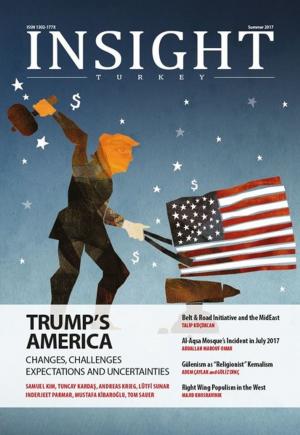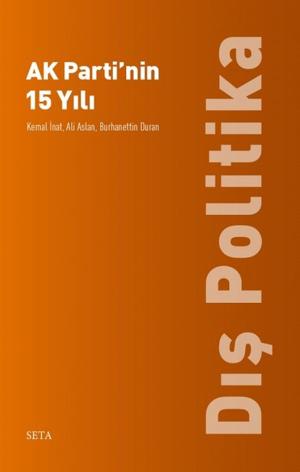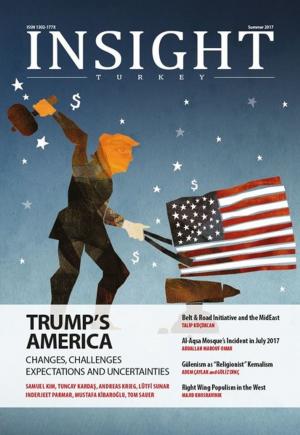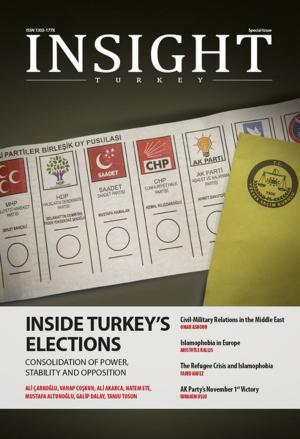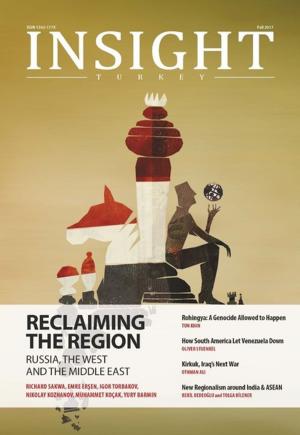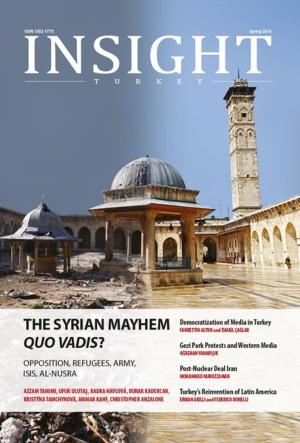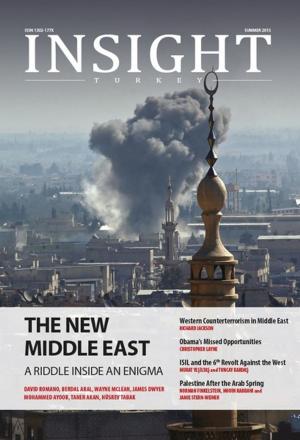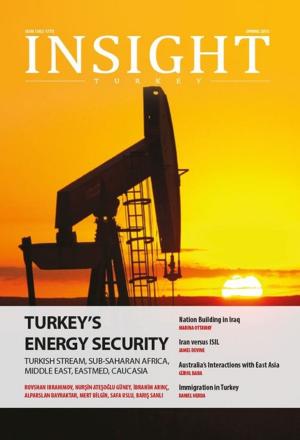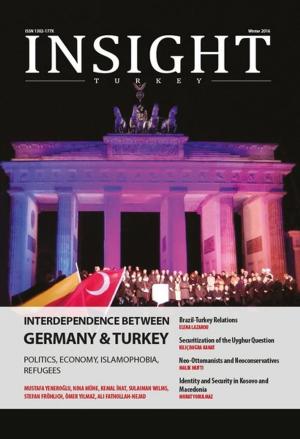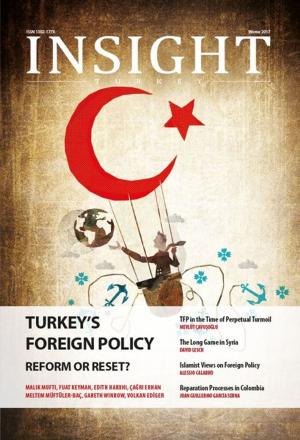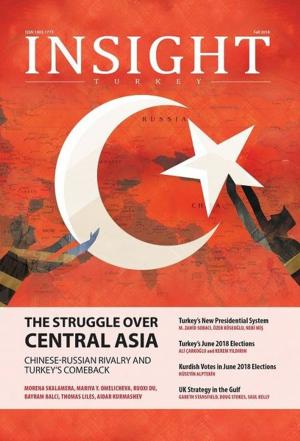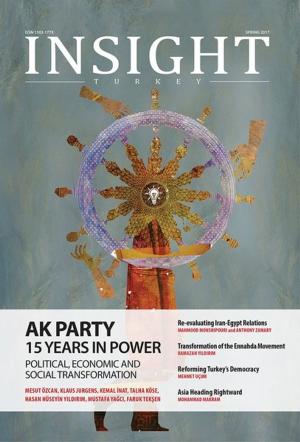Insight Turkey 2015 - Winter 2015 (Vol. 17, No. 1)
Nonfiction, Home & Garden, Antiques & Collectibles, Books| Author: | Kolektif | ISBN: | 2789788611526 |
| Publisher: | Seta Yayınları | Publication: | January 1, 2001 |
| Imprint: | Language: | Turkish |
| Author: | Kolektif |
| ISBN: | 2789788611526 |
| Publisher: | Seta Yayınları |
| Publication: | January 1, 2001 |
| Imprint: | |
| Language: | Turkish |
Religion, religious groups and teo-politics are always most vital topics of the Western politics. The relationship between politics and religion is reciprocal. While both domestic and international political actors try to exploit religion and religious sensitivity for their political interests and gains, religion and belief systems want to use significant power over main political and cultural actors and perceptions. With the emergence of the violent non-state actors such as Taliban, al-Qaeda and DAISH, which were all surfaced in the Middle East but have become transnational actors deeply affecting European politics, and the recent popularity of far-right Islam-phobic movements such as PEGIDA in Europe have once again forced us to look closely at the relationship between religion and politics in Western politics specifically in Europe. Even though it is generally perceived that the religion has lost its war against politics in Europe as European countries have established secular democracies based on the promotion of individual freedoms and pluralism, it is an undisputable fact that the general framework in European states is largely affected by the Christian values and often its imprints are seen in politics. The developments around the recent large scale immigration toward Europe from Middle East and Africa are the reasons which force us to make this bold statement. How Europe deals with mostly Muslim immigrants who come from very different ethnic and cultural backgrounds from European values is very alarming. After unsuccessful assimilation and/or integration efforts for these non-European and non-Christian immigrants, state and societal actors have instigated to take restrictive measures against further immigration and migrants. Furthermore we have started to witness strong wave of xenophobia and Islamophobia in these democratic European societies. Islamophobia, relations with European Muslims and implications of political developments in the Muslim World will significantly influence the future religion-state relations in European countries. However, for the last few months we have been spectators of the tragic death of thousands desperate immigrants at the Mediterranean Sea who were trying to reach Europe. Unfortunately the European countries have done nothing to prevent their death.. |
MUHİTTİN ATAMAN
Religion, religious groups and teo-politics are always most vital topics of the Western politics. The relationship between politics and religion is reciprocal. While both domestic and international political actors try to exploit religion and religious sensitivity for their political interests and gains, religion and belief systems want to use significant power over main political and cultural actors and perceptions. With the emergence of the violent non-state actors such as Taliban, al-Qaeda and DAISH, which were all surfaced in the Middle East but have become transnational actors deeply affecting European politics, and the recent popularity of far-right Islam-phobic movements such as PEGIDA in Europe have once again forced us to look closely at the relationship between religion and politics in Western politics specifically in Europe. Even though it is generally perceived that the religion has lost its war against politics in Europe as European countries have established secular democracies based on the promotion of individual freedoms and pluralism, it is an undisputable fact that the general framework in European states is largely affected by the Christian values and often its imprints are seen in politics. The developments around the recent large scale immigration toward Europe from Middle East and Africa are the reasons which force us to make this bold statement. How Europe deals with mostly Muslim immigrants who come from very different ethnic and cultural backgrounds from European values is very alarming. After unsuccessful assimilation and/or integration efforts for these non-European and non-Christian immigrants, state and societal actors have instigated to take restrictive measures against further immigration and migrants. Furthermore we have started to witness strong wave of xenophobia and Islamophobia in these democratic European societies. Islamophobia, relations with European Muslims and implications of political developments in the Muslim World will significantly influence the future religion-state relations in European countries. However, for the last few months we have been spectators of the tragic death of thousands desperate immigrants at the Mediterranean Sea who were trying to reach Europe. Unfortunately the European countries have done nothing to prevent their death.. |
MUHİTTİN ATAMAN
